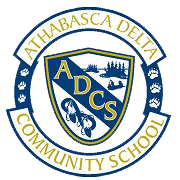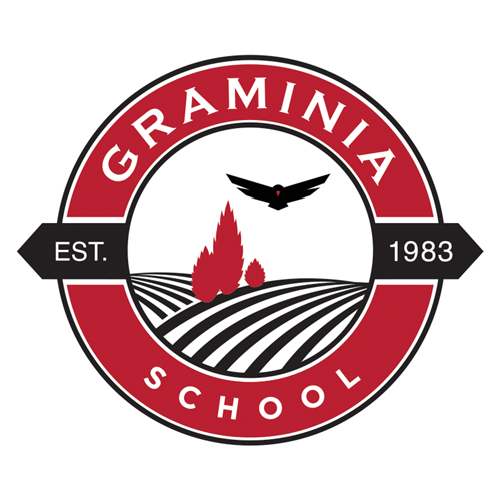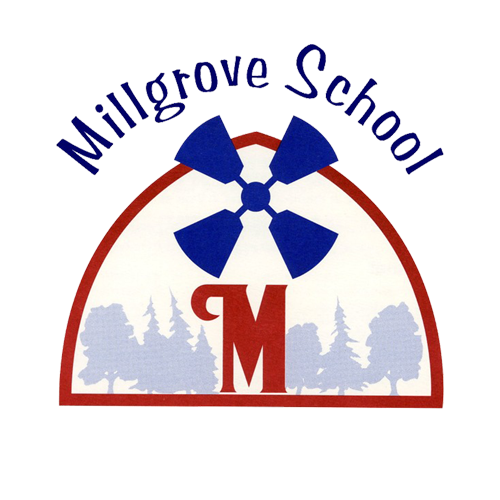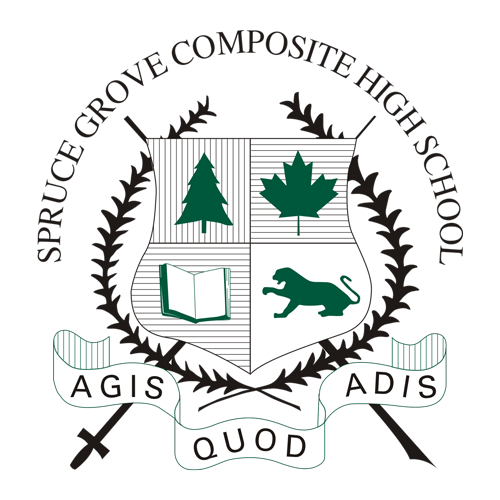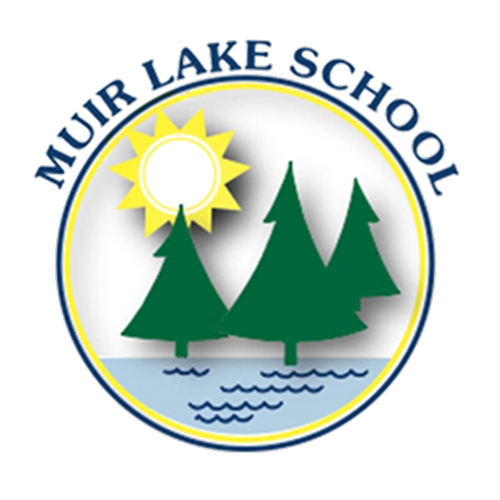AP 444: Teacher Development
Personnel & Employment
Background
The Teaching Quality Standard notes that quality teaching occurs when the teacher’s ongoing analysis of the context, and the teacher’s decisions about which pedagogical knowledge and abilities to apply, result in optimum learning for all students.
Teacher development in Parkland School Division shall promote growth in teaching competencies that are in alignment with the current Teaching Quality Standard.
Definitions
a) Professional Development (PD): Shall refer to a wide variety of specialized training, formal education, or advanced professional learning that is intended to improve the professional-knowledge, skills, competencies or effectiveness of any individual or group.
b) Approved Self-Directed Professional Development: Shall refer to any process where individual staff members take the initiative, with or without the assistance of others, to determine their learning needs and personal development with respect to the Quality Standards and/or professional development related to the requirements of their role, and with prior approval of the Principal.
c) Professional Growth Plan (PGP): Shall refer to the annual plan prepared by teachers (AP 444) or professional non-teaching staff (AP 446) that outlines the individual’s growth strategies and measures. Professional Growth Plans shall reference the Quality Standards as appropriate to do so.
d) Site-Directed Professional Development: Shall refer to any specific event where staff members are provided professional development activities as directed by their Principal, Director or other immediate supervisor.
e) System-Directed Professional Development: Shall refer to any specific event where staff members are provided professional development activities or opportunities as directed by the Superintendent or designate.
Procedures
In Alberta, and as defined by the Alberta Education Teacher Growth, Supervision and Evaluation Policy (s. 5), every teacher employed by a school system shall develop and implement an annual professional growth plan that includes an outline of the development activities the teacher intends to undertake in that year.
With respect to Professional Growth Plan development:
1. Every teacher shall develop and implement a Professional Growth Plan at the onset of each school year;
1.1. A multi-year plan may be considered but shall include a school-year breakdown (i.e., what aspects of the plan are attended to annually).
2. In determining goals for a Professional Growth Plan, the teacher may consider multiple sources of information (Examples may include: Principal feedback, an analysis of student results data, student and parent feedback, individual reflections, collaborative initiatives, school and Division goals).
3. The teacher shall consider a variety of forms of professional development to support the Professional Growth Plan.
4. The Professional Growth Plan shall be based on the self-assessed learning needs, goals and objectives of the teacher; notably,
4.1. The PGP shall demonstrate a relationship to the Teaching Quality Standard; and
4.2. The PGP shall demonstrate a consideration of the education goals of the school, school division and government.
5. The Professional Growth Plan shall show a demonstrable relationship to the current Teaching Quality Standard.
With respect to Teacher Development Review:
6. Teachers shall submit the Professional Growth Plan to the Principal for review and approval; notably,
6.1. Principals shall establish the timelines for PGP review;
6.2. Principals may recommend changes to the PGP if it does not reflect the Teaching Quality Standard; and
6.3. Principals may reject a PGP that does not meet the criteria of section 4 of this Administrative Procedure.
7. The Principal shall meet with the teacher to review the Professional Growth Plan at the onset of the year; notably,
7.1. Principals may schedule and meet with a teacher for periodic review of the PGP during the year.
8. Unless a teacher agrees, the content of a Professional Growth Plan shall not be used in the evaluation process.
With respect to Professional Development
9. Principals shall submit a Professional Development Plan for their school that identifies school-specific areas for growth, for staff; specifically,
9.1. The school’s Professional Development Plan shall identify the plan for non-instructional (PD) days, as established throughout the year;
9.2. The school’s Professional Development shall align to an annual Divisional Professional Development Framework so that site and self-directed PD opportunities are well-balanced; and
9.3. The school may include the Professional Development Plan as a section within the school’s overall annual Development Plan.
10. Principals and Directors shall ensure that staff are aware of the agenda for site-directed PD at least seven (7) days prior to the date of the PD.
11. Teachers shall discuss intentions for professional development with their Principal and shall keep the Principal updated on the alignment of self-directed professional development as it specifically relates to the teacher’s Professional Growth Plan, at set times throughout the year, or as requested by the Principal.
12. Off-site, self-directed PD, and/or PD that requires an expenditure of funds, shall receive prior approval by the Principal.
13. PD that requires travel outside of the province shall be approved by the Superintendent; notably:
13.1. Out-of-province PD shall require the support and justification by the Principal prior to the Superintendent’s consideration; and
13.2. Out-of-province PD shall only be considered in the absence of all other local, provincial or national alternatives.

